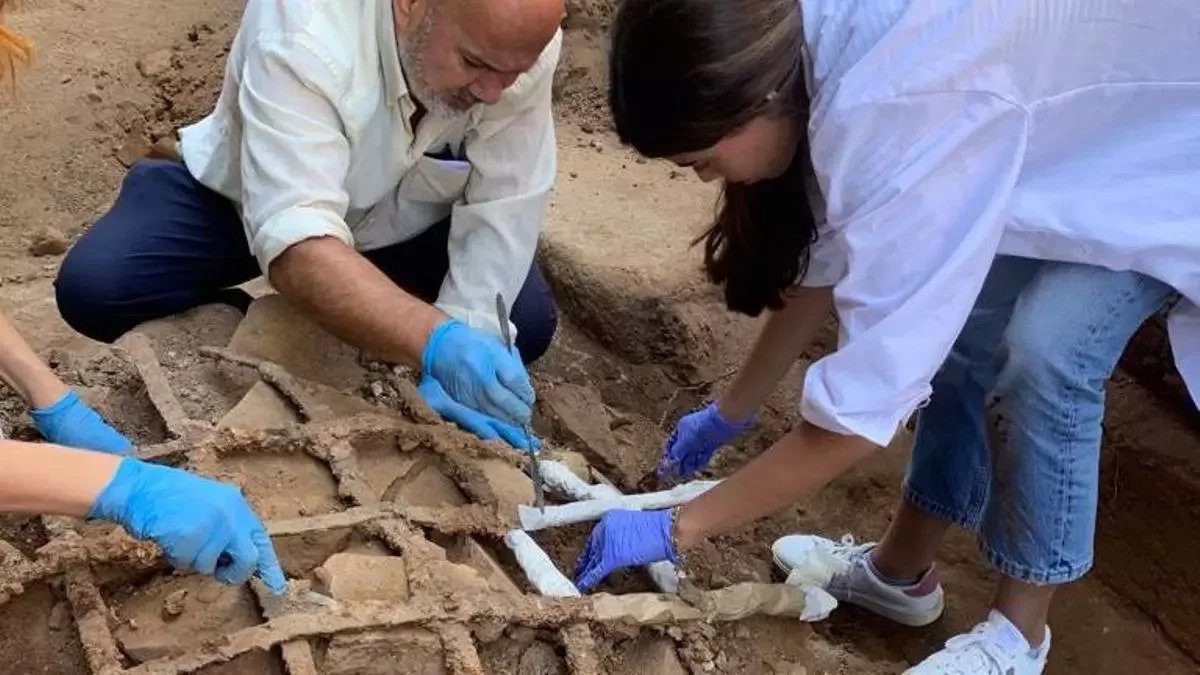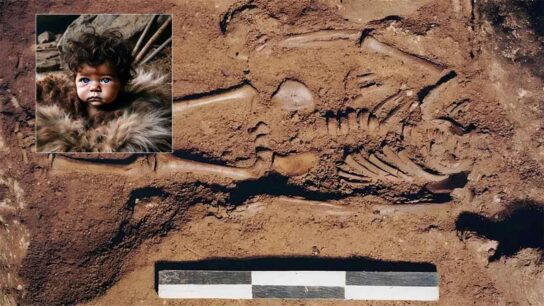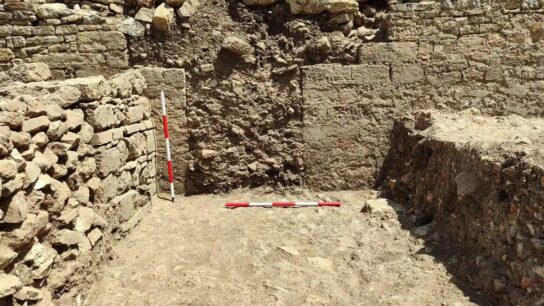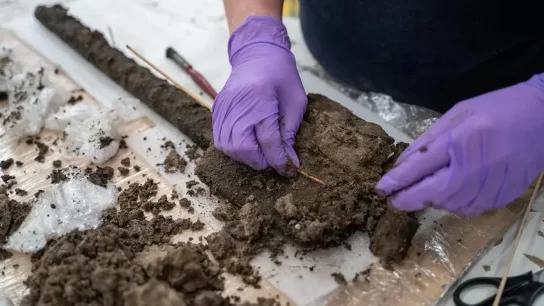Rare Roman window grill found intact in Mérida
Archaeologists have made an “exceptional” find at an ancient Roman baths complex in Spain.
The huge and well-preserved bathhouse was only recently discovered in the city of Mérida—capital of the Extremadura region in the western-central part of the Iberian Peninsula.
Mérida is home to a UNESCO World Heritage site that contains the remarkably well-preserved remains of an ancient Roman colony, Augusta Emerita, which was the predecessor of the modern city.
The well-preserved remains of the old city include a large bridge over the Guadiana River, an amphitheater, a theater, a vast circus and an “exceptional” water-supply system, according to UNESCO.
Archaeological excavations in the past few months carried out by the Consortium of the Monumental City of Mérida had uncovered a “magnificent, excellently-preserved” public bath complex close to the theater and amphitheater.
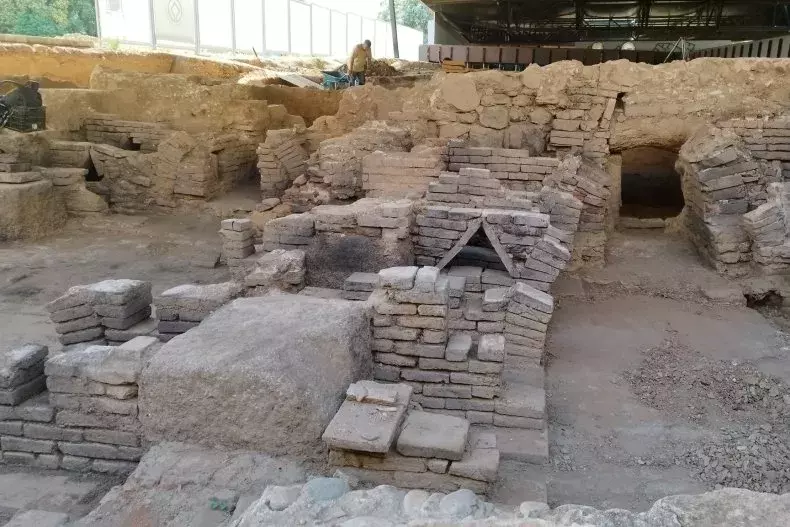
Now, within these baths archaeologists have found a criss-crossed set of iron bars that are “practically intact”, the consortium said in a statement.
The iron bars, which would once have covered a window, were found in the the apodyterium or changing room of the baths.
“Another exceptional find,” the consortium said.
The iron bars will now be cleaned and restored so that they can be put on pubic display. A similar iron grill was found in the kitchen of a large residence, the Casa del Anfiteatro, in the 1960s.
“There is still a lot of archaeological heritage under the subsoil of our two-thousand-year-old Mérida that… awaits to be excavated,” the consortium said.
The Casa del Anfiteatro had a courtyard, a kitchen and a mosaic floor depicting scenes of the grape harvest.
“The Casa del Anfiteatro in itself is not a typical house as it is the largest known in Mérida,” archaeologist Ana María Bejarano, who has been involved in recent excavations at the site, previously told Spanish news agency EFE.
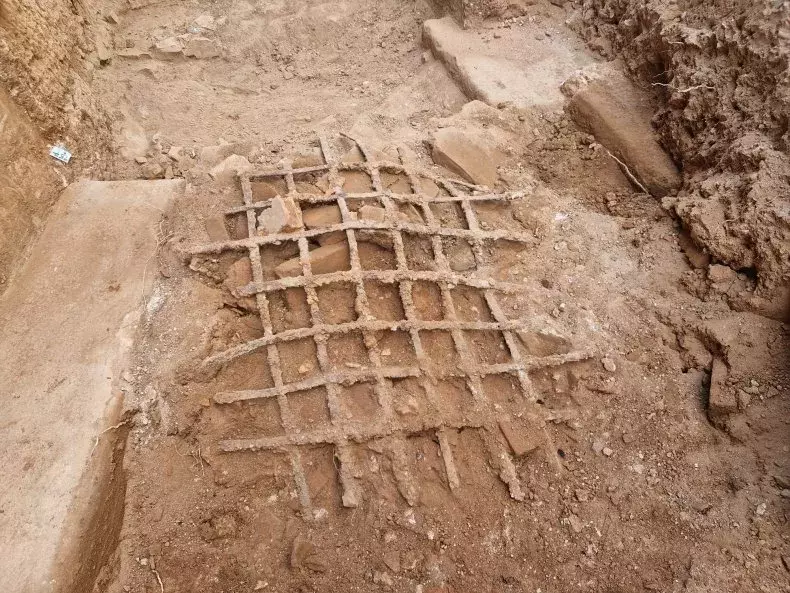
Mérida was founded in 25 B.C. by the Roman emperor Augustus as he completed his conquest of the Iocal region.
“The city was created as an idealized model of Rome. It is an excellent example of a provincial Roman capital during the empire and in the years afterwards,” according to UNESCO.
The city was one of the most important in Hispania—the name given by the Romans to the Iberian Peninsula—and served as the capital of Lusitania, the westernmost province of the Roman Empire.

